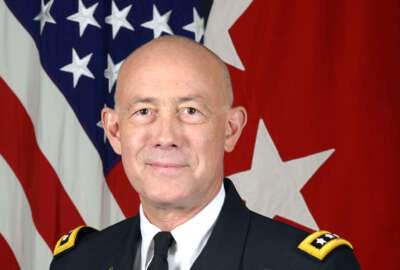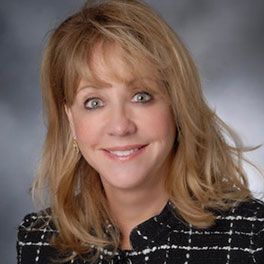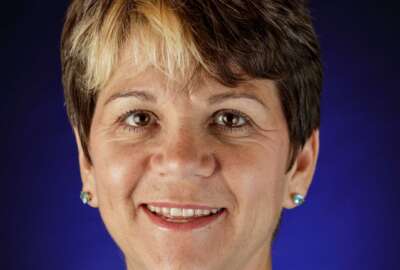Dawn Meyerriecks, former chief technology officer for the Defense Information Systems Agency, joined Aileen Black on Leaders and Legends to talk about leading teams through big technology changes and the importance of caring for your people. She explored past leadership challenges and the importance of “ruthless execution”.
Meyerriecks is a leading voice at the intersection of science, technology, and government. During her tenure at DISA, she managed a $5 billion budget and a military and civilian staff of 8,200. She established the agency’s technical strategy, revamping and modernizing the Global Command and Control System between Desert Storm phases I and II. Most recently she was the former deputy director of the CIA for Science and Technology, and lead a multidisciplinary team to deliver intelligence critical to achieving national security objectives.
Throughout her more than 40 year career in government and industry service, Meyerriecks led some of the most notable technology change projects in the intelligence community. She was able to do that by finding common ground with others and making sure they are all aligned with the agency’s agenda.
“First you need to have an agreed vision and an agreed imperative. You need to do the review of the options and then most importantly have ruthless execution.”
Meyerriecks said she received some great advice earlier in her career from a mentor who encouraged her to speak up in meetings. That mentor, former Principal Deputy Director of National Intelligence Stephanie O’Sullivan, told her that speaking up is important because its adds another voice to the discussion.
“In meetings, you need to take your seat at the table and come prepared to add value. If you don’t speak up and contribute you shouldn’t go to the meeting. If you go, bring value. Take your place at the table and own it,” she said.
According to Meyerriecks, she was an effective leader because she was willing to have the “tough conversations” with members of her team. It’s a lesson she learned early in her career with when she had to speak up and do the right thing even though it was counter to her boss’s view.
“It’s important to be transparent and be willing to take the risk of speaking up when integrity is on the line. If you can’t have the hard conversations and be able to disagree and discuss, you should not be in technical leadership,” she said.
Meyerriecks said she tried to be a leader that put her people first, and she sets aside time in her schedule to meet with them even it was just to talk about their lives outside of work or to share a meal.
“I don’t want to only own your head but your heart. If we only have your head we will get the action from your lips not the outcome from your passion,” she said.
Finally, Meyerriecks offered some advice for the next generation, saying future leaders need to “Own it. Know what pushes your buttons and passions.” And if you wind up in the wrong job with the wrong boss, use it as a learning experience.
“You can learn just as much from a bad boss as a good boss,” she said.
But she added that the key to becoming a good leader is to develop “robust relationships” at every stop in your career: “If you have robust relationships with people who know what you can do, you will never need to look for a job.”
Copyright
© 2024 Federal News Network. All rights reserved. This website is not intended for users located within the European Economic Area.






